We’re Reading More But We’re Learning Less
According to the Pew Research Center, young folks are reading more books than previous generations (but less likely to value libraries). And when you factor the endless consumption of social media, news articles, documentaries/docu-series, and blogs, we’re certainly consuming more information than ever before. However, that doesn’t mean we’re learning anything. In fact, it’s the opposite: despite consuming more information, we are actually learning less.
You don’t really learn anything when you consume something that you already agree with. And that’s what is happening to all of us. We know that every search on Google, every newstream, and every social media feed is personalized to the user because it is prioritized to fit their behaviors and preferences. As Eli Pariser shares in his TED Talk on filter bubbles, we’ve passed the torch of information gatekeeping from humans to algorithms. But there is a price for that behavior: our tolerance for differing views has not only decreased, it has turned into the demonization of other people based on beliefs. It’s another form of prejudice - only, this kind of disdain views others as ignorant and incapable of compassion or rational thought. And because we’re doing it to ourselves (reinforced by the very tools we use and the communities that we surround ourselves with), we don’t even have the wherewithal to recognize it.
A few years ago, I delivered a TEDx talk titled “Yes, Read the Comments Section.” I think it’s more relevant today than when I delivered it in Bend, Oregon. It was a plea to get people out of our own heads. I argued that:
The best way to test your own values is finding how you can articulate them in a way that connects you with others. But shutting them down doesn’t do anything to advance justice - the cure for bad speech isn’t censorship, it’s more speech, better speech - speech that is nuanced and that speaks to others’ values.
The standard for progress shouldn’t be if you win a debate or argument, but rather, if you find new ways of developing compassion in the face of opposition.
I’m not saying that you need to spend every waking moment dealing with outrageous comments, but you should at least ask yourself: am I willing to lose a valued relationship over a disagreement? Does ignoring those we disagree with actually build better communities?
We can’t control what other people do or how they act. But we can choose our responses. We can choose to be intentional and express compassion even if we don’t think others are deserving of it (especially since we often demand it when we don’t necessarily deserve it ourselves). We can make the decision to consume information that doesn’t only serve to reinforce pre-existing beliefs and ideas.
Maybe then, we’ll actually learn something.
